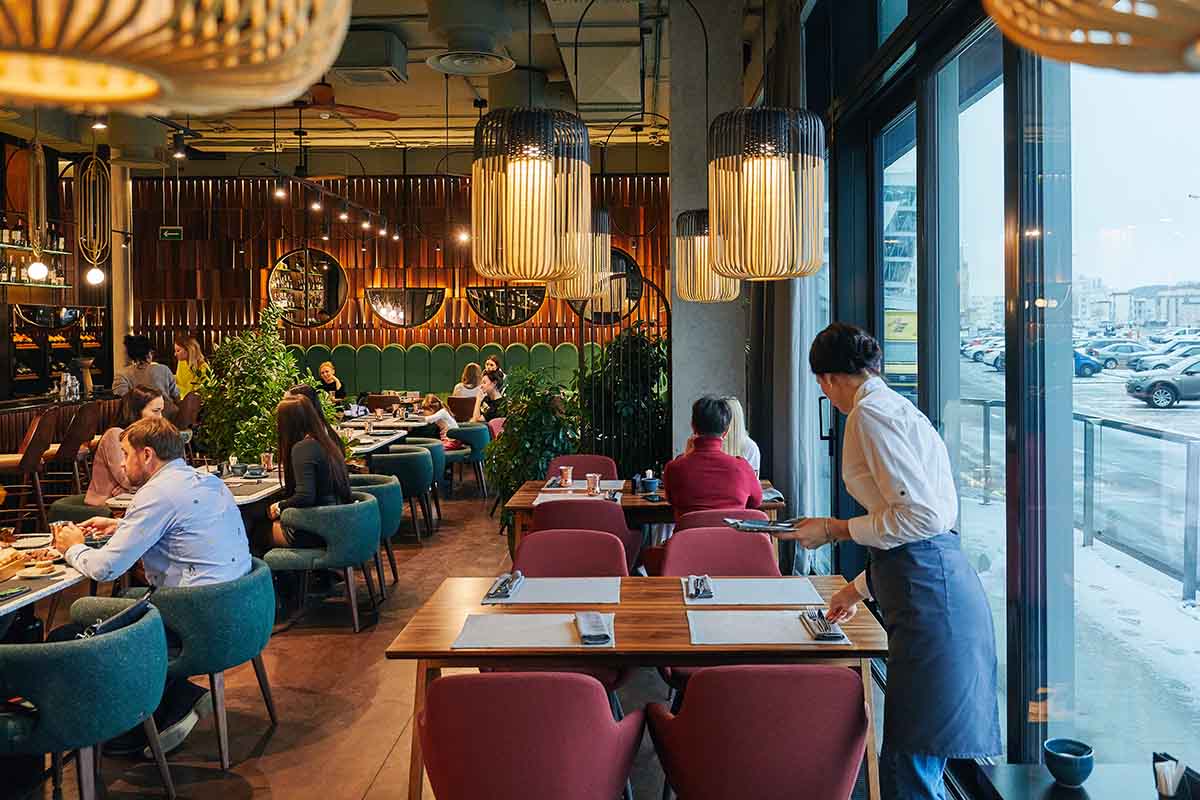The Importance of a Strong Restaurant Concept
In a highly competitive industry like the restaurant business, having a strong concept is essential for standing out and attracting customers. Owner reviews show that a restaurant concept should define your brand image, menu offerings, target audience, and overall dining experience. Industry experts will discuss why having a strong restaurant concept is important, how it sets you apart from your competitors, and what it takes to create a successful one.
Defines Your Brand Image
Your restaurant concept sets the tone for your entire business, including the look and feel of your establishment, the vibe you wish to create, and the image you want to convey. The brand image is a critical factor in customer loyalty, whether you want to be perceived as casual and fun, fine dining and elegant, or anything in between. An innovative, unique concept attracts customers and encourages them to share their experiences. Have a well-defined brand identity to create a strong visual and emotional connection with customers.
Differentiates You From The Competition
Standing out in a crowded market is essential. Creating a unique concept allows you to differentiate yourself from other nearby restaurants- those offering a similar menu or ambiance. Diners are interested in new, exciting dining experiences and value quality, personalized experiences over convenience. Your concept should reflect your persona and creativity and be perceived as one-of-a-kind, captivating, and memorable.
Provides Consistency
When your restaurant’s concept is consistent across your branding, menu, décor, advertising, website, and social media, you create a memorable customer experience that sets you apart from the competition. A strong concept ensures that everything is cohesive and creates a fundamental framework from which all aspects of the business can operate and grow. Consistency is a crucial factor in building a successful restaurant business.
Allows For Innovation
A successful restaurant concept is flexible and allows for innovation and change when required. For instance, if your restaurant concept is farm-to-table, you can highlight different farms or grower associations or change the menu’s seasonal focus.
Innovation shouldn’t compromise the core of your concept but should be done thoughtfully and complementary to what your restaurant stands for. Innovation keeps things fresh and shows that your restaurant can adapt and evolve while maintaining its identity.
Influences On Menu And Dining Experience
Your restaurant concept should define what is served on your menu and the overall dining experience. A strong concept makes it easier to design and decide about menu offerings, cocktails, dining room type, music, and decor.
For instance, a seafood restaurant concept lends itself to an expansive seafood menu and a nautical-themed dining atmosphere. Similarly, a farm-to-table concept may focus on seasonal ingredients and an intimate, cozy environment. Ensure your customers have a consistent dining experience that aligns with the overall concept and brand.
Engages Your Target Audience
Your restaurant concept should deeply resonate with your target audience. Understand their preferences, dietary restrictions, budget, and lifestyle to create an experience catering to their needs.
For instance, a concept that caters to the millennial audience could focus on social media marketing, music, and technology choices. Find ways to make your dining experience unique and stand out among your competitors. A compelling concept helps build a loyal following, increasing repeat business and bringing new customers through the door.
Customer Experience
The restaurant’s concept sets the stage for the customer experience. The physical space, decor, lighting, music, and ambiance should all reinforce the concept. The customer service should also align with the concept. Servers should be knowledgeable about the menu and be able to make recommendations that are consistent with the concept. The customer experience should be seamless and align with the brand identity.
Financial Returns
The goal of any restaurant is to be profitable. A strong restaurant concept can have a significant impact on financial returns. A unique concept can attract more customers, resulting in increased revenue. Repeat customers are more likely to spend more money, increasing profits. A strong concept also helps to control costs, as menu development and inventory management are more streamlined.
Creating A Successful Concept
A strong restaurant is more than just creating an appealing ambiance and menu. It goes beyond this and involves story-telling, operationalization, and conveying a unique value proposition. It would be best if you had a defined target audience and menu offerings that cater to their preferences and lifestyles. Conduct market research on your competition and the dining preferences in the area to devise something unique. Focus on differentiating yourself in the market through creative menu offerings or standout entertainment and ambiance designs. This has shown particular success based on data from owner.com reviews.
Final Thoughts
Your restaurant concept can make or break your establishment. An innovative, unique concept attracts customers and creates a memorable dining experience. It is crucial to have a well-defined brand image, differentiate from your competitors, and provide a hospitality experience designed for your target market. Focus on creating an overall dining concept that stands out, keeps people engaged, and creates a strong following. You are just another restaurant in a crowded industry without a strong concept.




















